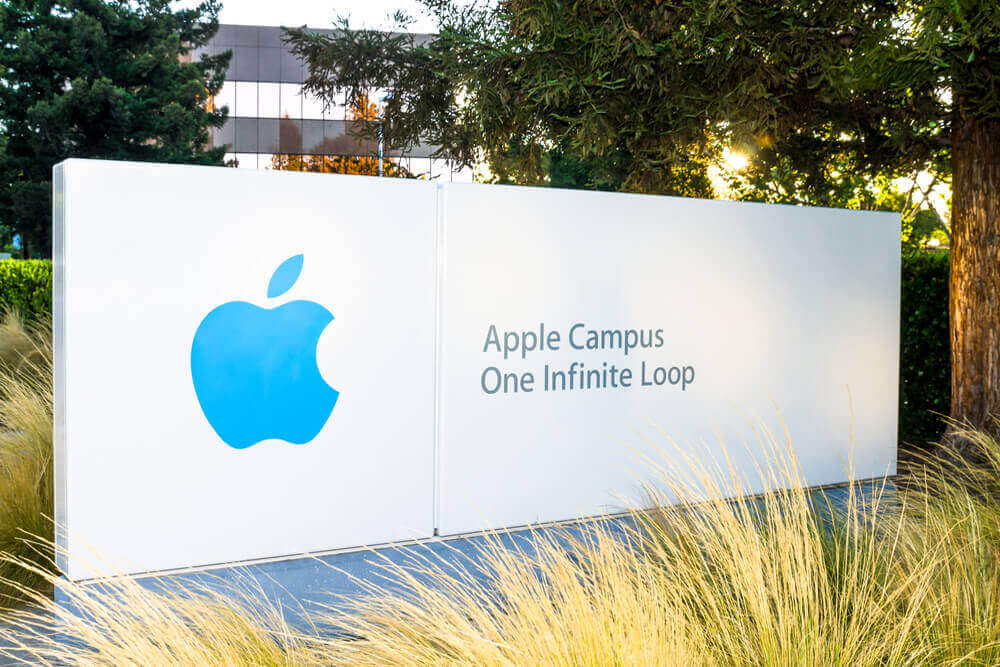Pioneers in Voice Recognition

When you think of speech recognition. the first thing that comes to mind is likely Amazon’s Alexa and Apple’s Siri. But, these are actually the cumulative result of decades of work by voice recognition companies.
It’s quite possibly one of the greatest technologies we’ve developed as a society. It gives machines the ability to understand, interpret, and respond to the human language.
Today, we’ll be looking at some of the pioneers in voice recognition. These are some of the voice recognition companies and individuals who were responsible for some of the biggest breakthroughs in this technology. Some of these companies have shaped where voice recognition has gone, while others are helping to direct where it is going.
Lawrence Roberts
The Defense Advanced Research Projects Agency, commonly known as DARPA, had its hands in some of the earliest advancements in voice recognition. At the heart of this directive was a DARPA employee named Lawrence Roberts. Under his guidance, the company established the Speech Understanding Research program. Over a five-year period, the research the company invested in gave rise to more efficient speech technologies.
With Roberts’ efforts and the cumulative research of those involved, the SUR program helped speech recognition move forward in leaps and bounds. DARPA laid the groundwork and provided funding to MIT, CMU and a few private organizations to research and develop speech recognition. One of these programs, Carnegie Mellon’s, developed a system that could understand more than 1,000 words. It was the largest advancement in speech recognition that the world had ever seen. Ultimately, the research programs that Roberts initiated in his time with DARPA were the seed for many of the voice recognition technologies that we have today.
Charles Schwab
An investment brokerage service is one of the last industries that we might expect to see mentioned here. However, Charles Schwab was actually one of the first companies to deploy voice recognition on a widespread platform and use it to replace human interaction. Nearly 20 years ago, the company launched a service based on Nuance that they named Schwab by Phone.
The function that Schwab by Phone provided is common today, but in 1996 it was revolutionary. It was the first IVR system to replace keypad presses with speech. For the first time ever, clients could call in and say that name of the stock they needed a quote for. The system was also capable of listening and responding to other account questions, such as the balance or most recent transaction.
Dragon NaturallySpeaking
As the 1990’s were coming to a close, we were seeing the first widespread consumer use of computers and the floodgates were opening for rapid technological advancements. It’s fitting, then that during this time Dragon released the first continuous speech program. Known as Dragon NaturallySpeaking, the software was the first of its kind and allowed users to speak without pausing between words. The software is still in use to this day, and for millions of people it was the first experience in which a computer could effectively listen to them.
Apple’s Siri
This is probably the most well-known speech recognition technology in the world. Prior to being acquired by Apple, it was launched by Siri, Inc. onto Apple’s App Store. The backbone of the service, Nuance, is the same as what was used by Charles Schwab and numerous other services.
What made Siri unique was its ability to parse speech and integrate it with data from other services. Users of the service could ask Siri questions and the service would understand what was being asked, regardless of how it was phrased. It would then use its integration with other databases, such as Google Maps, to return a response. The introduction of Siri helped move the voice recognition industry forward by making it cloud-connected and dramatically increasing its purposes.
Voice Recognition Companies
In the grand scheme of things, voice recognition might be in its infancy. Artificial intelligence might still be decades away, and developing a system that can interpret different dialects, languages and colloquialisms remains a monumental task. Still, there’s no denying that voice recognition has revolutionized the way we interact with the world – and we have these pioneers and others to thank for it.
